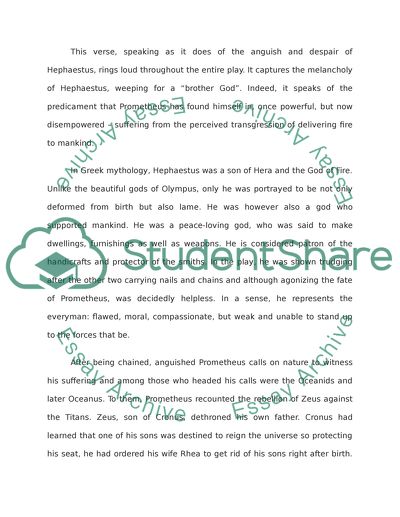Cite this document
(“Prometheus Bound Book Report/Review Example | Topics and Well Written Essays - 2250 words”, n.d.)
Prometheus Bound Book Report/Review Example | Topics and Well Written Essays - 2250 words. Retrieved from https://studentshare.org/miscellaneous/1523129-prometheus-bound
Prometheus Bound Book Report/Review Example | Topics and Well Written Essays - 2250 words. Retrieved from https://studentshare.org/miscellaneous/1523129-prometheus-bound
(Prometheus Bound Book Report/Review Example | Topics and Well Written Essays - 2250 Words)
Prometheus Bound Book Report/Review Example | Topics and Well Written Essays - 2250 Words. https://studentshare.org/miscellaneous/1523129-prometheus-bound.
Prometheus Bound Book Report/Review Example | Topics and Well Written Essays - 2250 Words. https://studentshare.org/miscellaneous/1523129-prometheus-bound.
“Prometheus Bound Book Report/Review Example | Topics and Well Written Essays - 2250 Words”, n.d. https://studentshare.org/miscellaneous/1523129-prometheus-bound.


